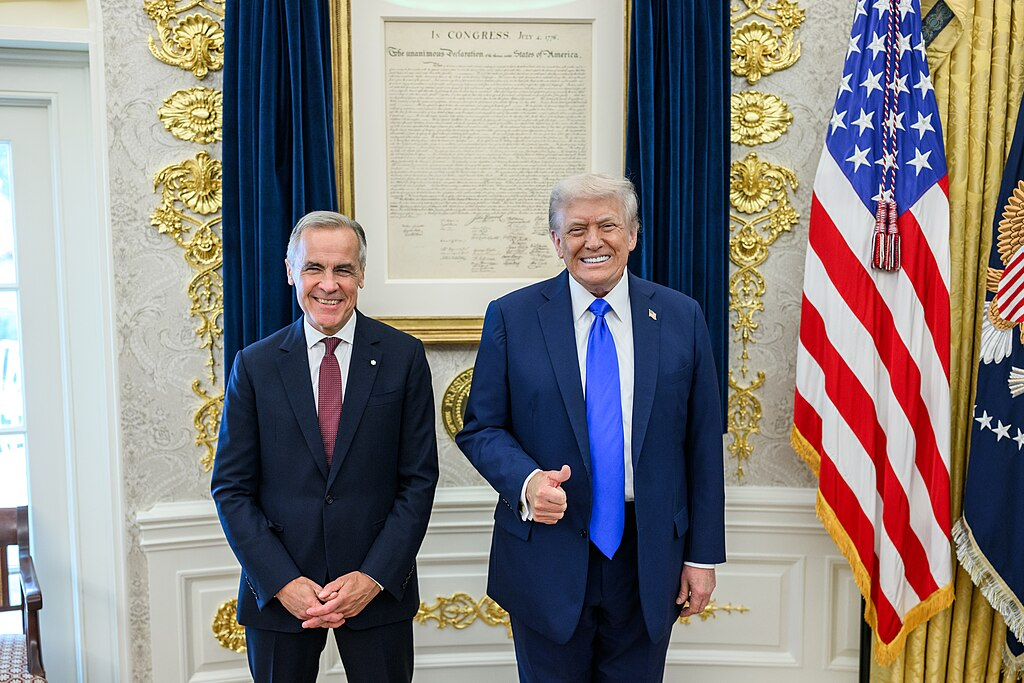Canada’s largest private-sector union is urging the federal government to avoid negotiating separate trade deals with the United States, saying the approach could weaken the country’s bargaining power before securing agreements in critical industries.
Unifor, which represents 320,000 workers across Canada, raised concerns that prioritizing quick deals in sectors like steel, aluminum and energy could leave other industries vulnerable to tariffs without protection.
“It appears we are about to hive off steel, aluminum and energy, the very materials the U.S. needs to run its industries, with the goal of settling those first,” said Unifor National President Lana Payne. “Any privileged access to these resources must be tied to progress in other areas. The concern is that we’ll use much of our leverage without securing deals on auto, softwood and other key sectors likely to face tariffs in the coming months.”
Call for comprehensive trade framework
The union’s statement followed a meeting between Prime Minister Mark Carney and U.S. President Donald Trump, where officials were directed to pursue targeted agreements in specific sectors.
Unifor said any new trade arrangements should be part of a comprehensive framework that addresses all affected industries. More than half a million Canadian workers are directly affected by ongoing tariffs and trade disruptions, according to the union.
“Our measuring stick for success cannot be based on tone or optics, but on substance and results,” said Payne. “Details are still lacking, and that uncertainty does not bode well for the more than half a million Canadian workers directly affected by ongoing tariffs and trade disruptions.”
Zero tariffs sought for auto sector
In the automotive industry, where Canadian and American production is deeply integrated, Unifor said a zero-tariff outcome is essential. The union said Canada maintains considerable bargaining power with the United States despite statements from Trump.
“No deal is better than a bad deal. This is about the future of Canada’s industrial economy,” said Payne. “Trade agreements must deliver balanced outcomes for all sectors. Canada must use its negotiating strength wisely to achieve that.”
Unifor represents workers in auto manufacturing, forestry, energy and other sectors that could be affected by trade negotiations between Canada and the United States.






